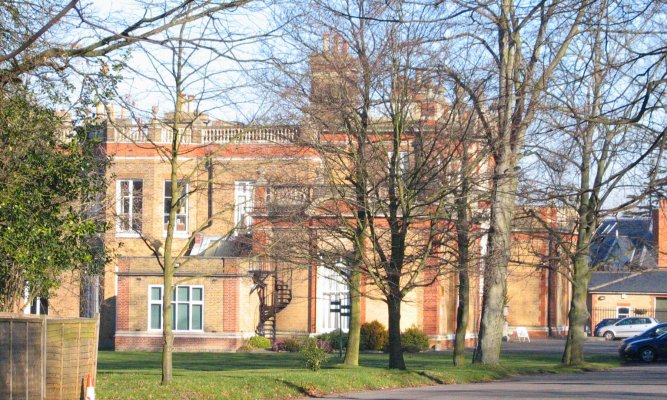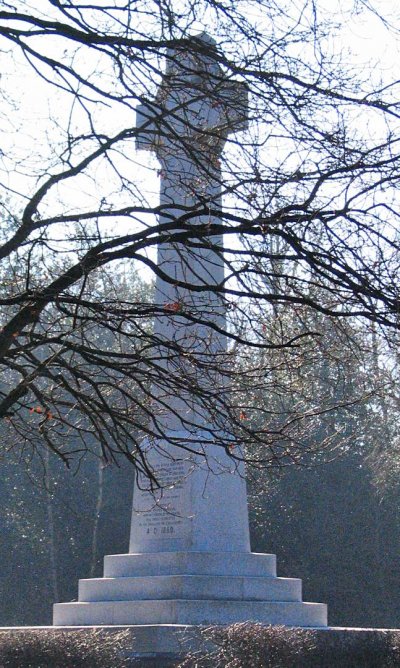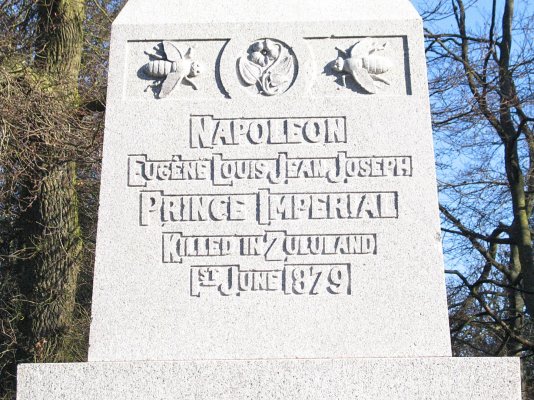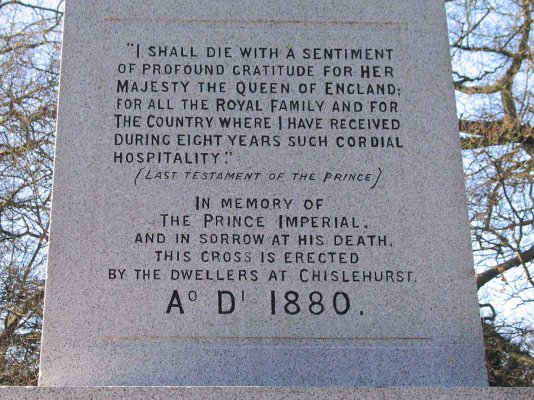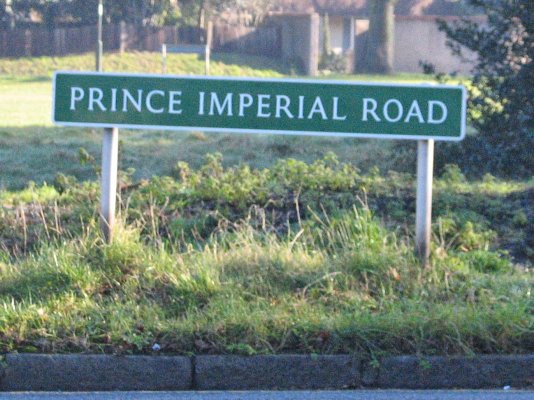Mr Bleak
Devoted Cultist
- Joined
- Feb 16, 2023
- Messages
- 156
I launched a new blog two months ago Bleak Chesney Wold : Named after Lord & Lady Dedlock's residence in Dickens's 'Bleak House' , famous for its Ghost Walk. Related to 'darker' elements of 19th century history.
There have been posts about the location of Chesney Wold itself, reviews of Linda Stratmann's 'Mina Scarletti' novels set in Brighton in the 1870's featuring one young woman's attempts to expose a set of fraudulent mediums. also have looked at Jennifer Renshaw's Victorian novel 'The Parlour Game'.
Have covered some legal cases including those of ;
James Pratt and John Smith, who were hanged for sodomy in 1835.
Fred and Maria Manning, hanged for murder in 1849 ; Maria was part of the inspiration for 'Hortense' in 'Bleak House,' and to the creation of the 'Woman in Black' figure we recognise today.
A feature about 'Peppermint Billy' ( William Brown), hanged for murder in 1856, but now going to be the subject of a public retrial in Leicester in July.
Future posts will include more about Victorian mediums, also the forgotten threat Emperor Napoleon III poised to Britain in the mid 19th century, and further exploration of 'Bleak House'.
There have been posts about the location of Chesney Wold itself, reviews of Linda Stratmann's 'Mina Scarletti' novels set in Brighton in the 1870's featuring one young woman's attempts to expose a set of fraudulent mediums. also have looked at Jennifer Renshaw's Victorian novel 'The Parlour Game'.
Have covered some legal cases including those of ;
James Pratt and John Smith, who were hanged for sodomy in 1835.
Fred and Maria Manning, hanged for murder in 1849 ; Maria was part of the inspiration for 'Hortense' in 'Bleak House,' and to the creation of the 'Woman in Black' figure we recognise today.
A feature about 'Peppermint Billy' ( William Brown), hanged for murder in 1856, but now going to be the subject of a public retrial in Leicester in July.
Future posts will include more about Victorian mediums, also the forgotten threat Emperor Napoleon III poised to Britain in the mid 19th century, and further exploration of 'Bleak House'.


